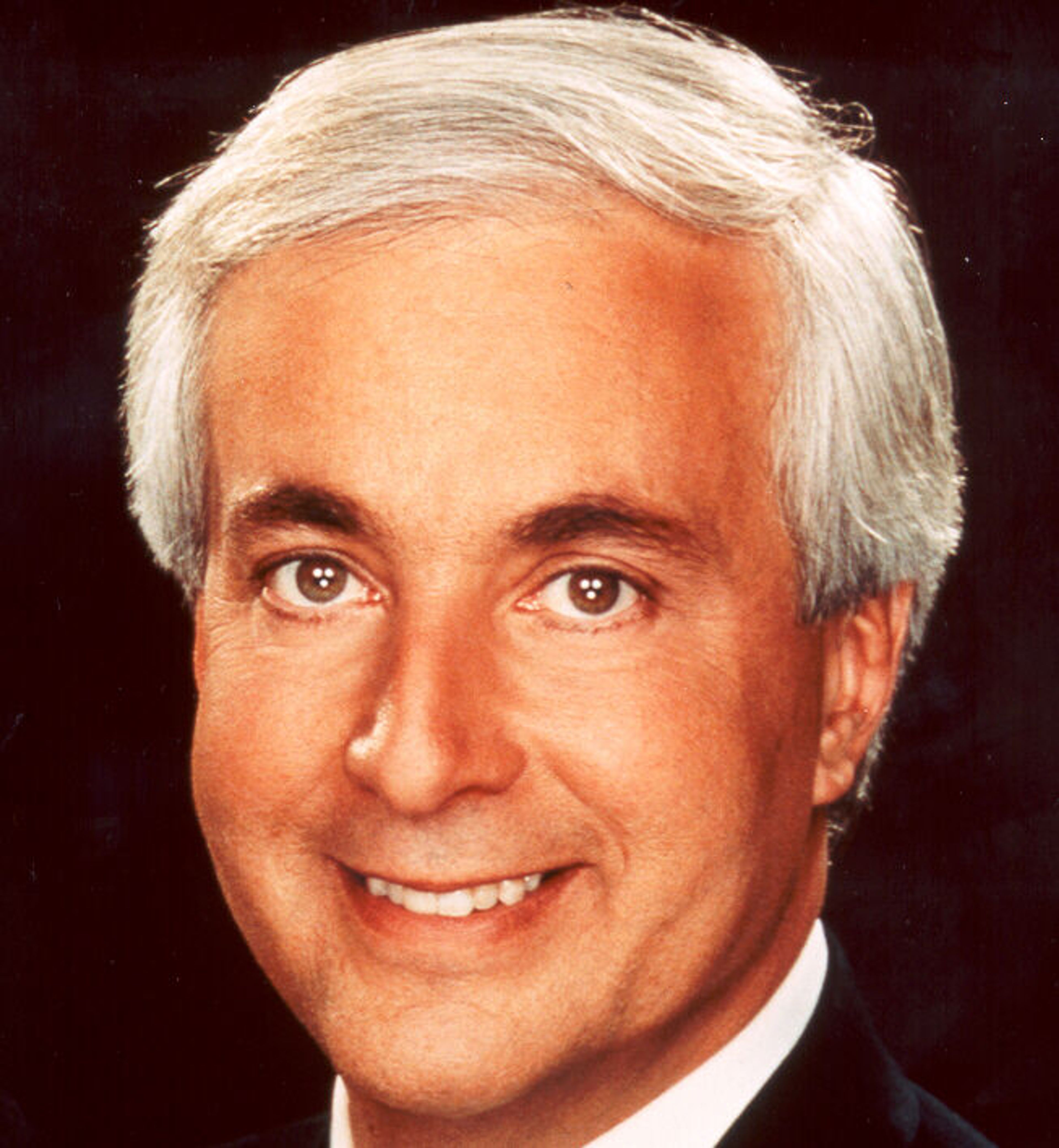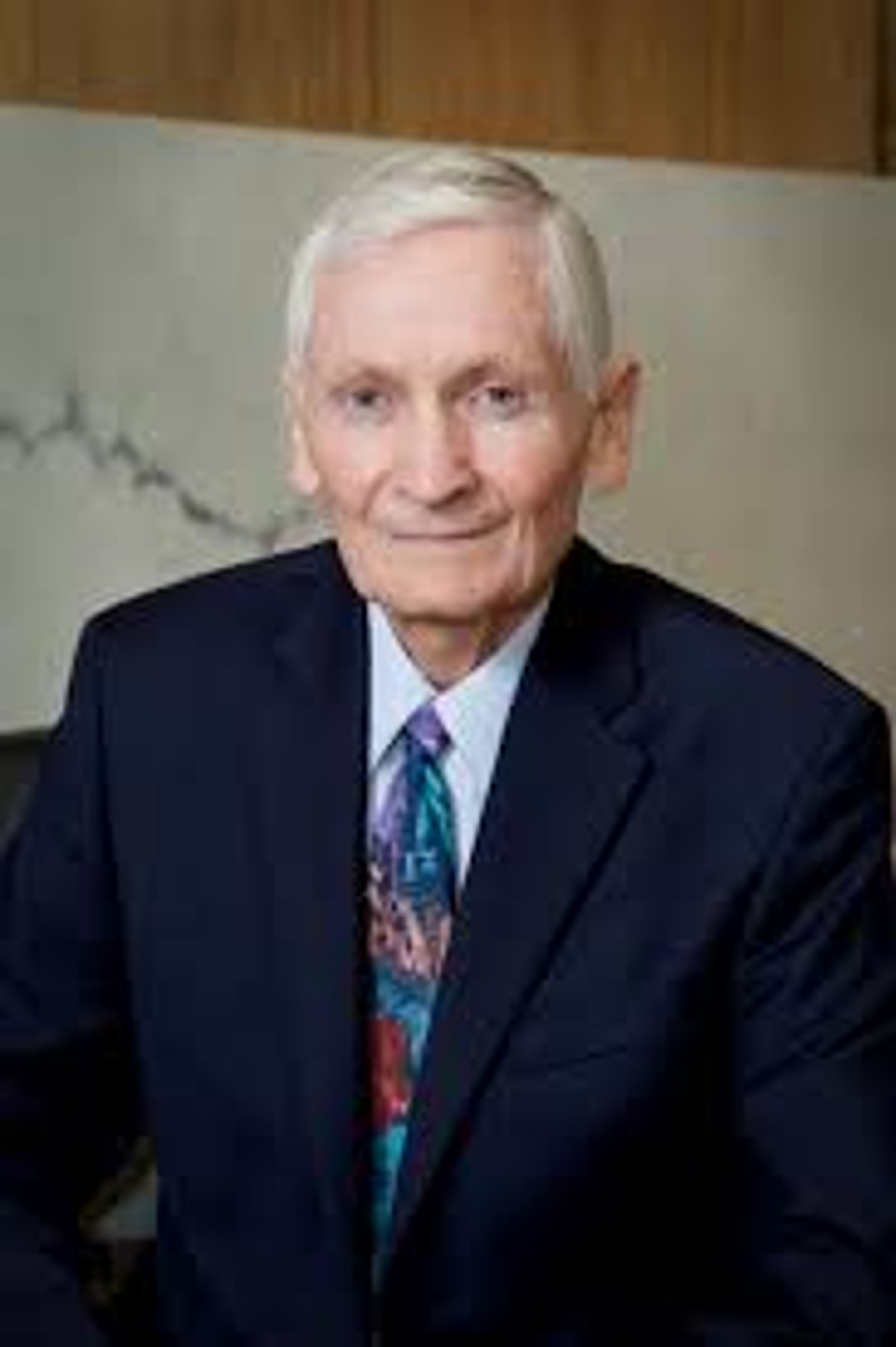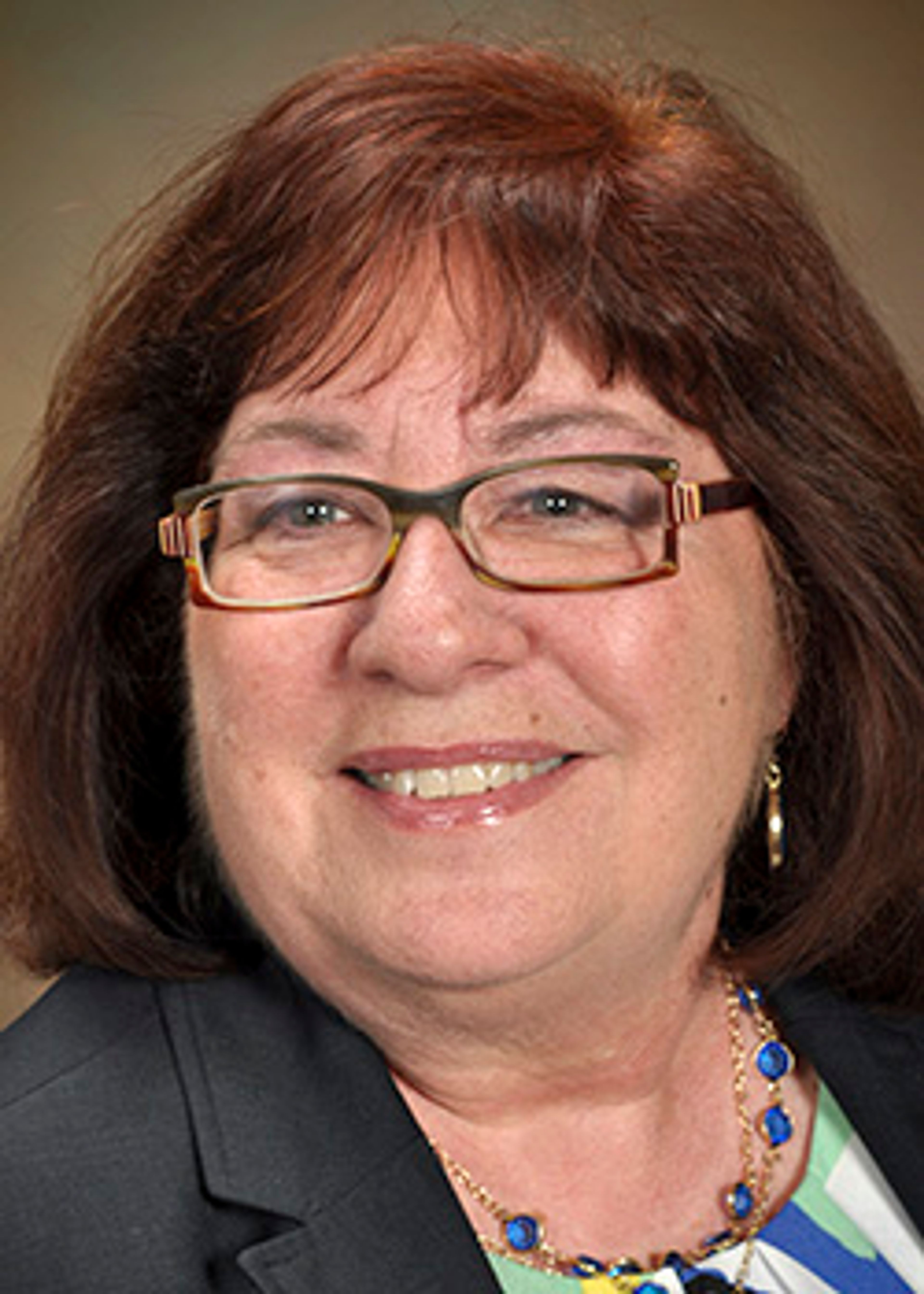Do political endorsements by newspapers have much impact? It was debatable even back in the 1980s when daily circulation stood at about 63 million nationwide, and it’s even more uncertain now that the number has dropped by more than half.
But while some people study polls, I watch editorial pages for insight about this vexing Democratic presidential race.
Pete Buttigieg had not received a single endorsement from a daily newspaper until a few days ago when he picked up backing of the San Diego Union-Tribune and then, just days before the Feb. 29 primary, he was endorsed by The State, South Carolina’s second largest paper. The former South Bend, Ind., mayor has struggled to gain support from African American voters — the majority in South Carolina. Yet, in backing him The State noted that Democrats have succeeded when they “resisted the temptation to pick status-quo nominees and shown the courage to choose centrist outsiders with fresh, optimistic messages.” Days later Buttigieg was endorsed in Texas by the El Paso Times.
Minnesota Sen. Amy Klobuchar trails badly in national presidential polls, but she’s in first place when it comes to winning support of newspapers. According to my count, of 18 paid-circulation dailies to make endorsements to date, she has been the choice of 10.
In New Hampshire’s primary Klobuchar finished a surprising third — closer to first than to fourth — and generated over $12 million in contributions. It didn’t hurt that in the closing days she was endorsed by the state’s Seacoast Media Group, the Keene Sentinel, and New Hampshire’s largest paper, the Manchester Union Leader.
“The Democratic nominee needs to have a proven and substantial record of accomplishment across party lines,” wrote the Union Leader, citing Klobuchar’s “ability to unite rather than divide, and the strength and stamina to go toe-to-toe with the Tweeter-in-Chief.”
Her earliest endorsement — and perhaps the most valuable — came from The New York Times on Jan. 19. Although the paper split its support between Klobuchar and Massachusetts Sen. Elizabeth Warren, it called Klobuchar “the standard-bearer for the Democratic center.” The editorial praised her as “the very definition of Midwestern charisma, grit and sticktoitiveness.”
In Iowa, Warren was endorsed by the state’s largest paper, the Des Moines Register, and less than a week before Super Tuesday she was endorsed in her home state by the Boston Globe. The paper cited Warren “as a leader with the qualifications, the track record, and the tenacity to defend the principles of democracy, bring fairness to an economy that is excluding too many Americans, and advance a progressive agenda.”
There hasn’t been a lot of research regarding the value of print endorsements, but back in 2008 Pew found that only 14 percent of readers indicated that a local newspaper endorsement would be likely to have a positive influence on their votes. In 2016, Hillary Clinton was endorsed by 55 of the nation’s 60 largest papers making endorsements, yet Donald Trump got the last laugh.
However, the more candidates there are in a race, as is the case in current primaries, the more voters pay at least some attention to newspaper recommendations. Editorial boards are able to interview the candidates at length and scrutinize their records and proposals in a way that average voters would find almost impossible to replicate.
I’m convinced that newspaper endorsements — distributed widely by campaign operatives — carry weight that goes beyond paid circulation. In the current race, many Democrats are torn and thirsting for persuasive rationale.
One caveat to the above: News organizations should never issue a split endorsement, as The Times and Sun have done this year. It’s cowardly.
Moreover, it shirks the very responsibility that editorial boards are taking on in the first place. Don’t give us 2,000-words of analysis and then conclude by saying we should flip a coin.
But what if I’m mistaken and few people care about newspaper endorsements? OK, then let’s think of these editorial boards not as influencers but as early deciders. They’re looking at the same field that we’re all studying — only sooner in the process and in greater detail. Perhaps their “votes” are prescient.
Editorial boards are nearly unanimous in advocating a center-left choice, not an ultra-progressive. That view might yet be worth more than the paper it’s written on.
Peter Funt is a writer and speaker. His columns distributed exclusively by Cagle Cartoons, Inc., newspaper syndicate.








